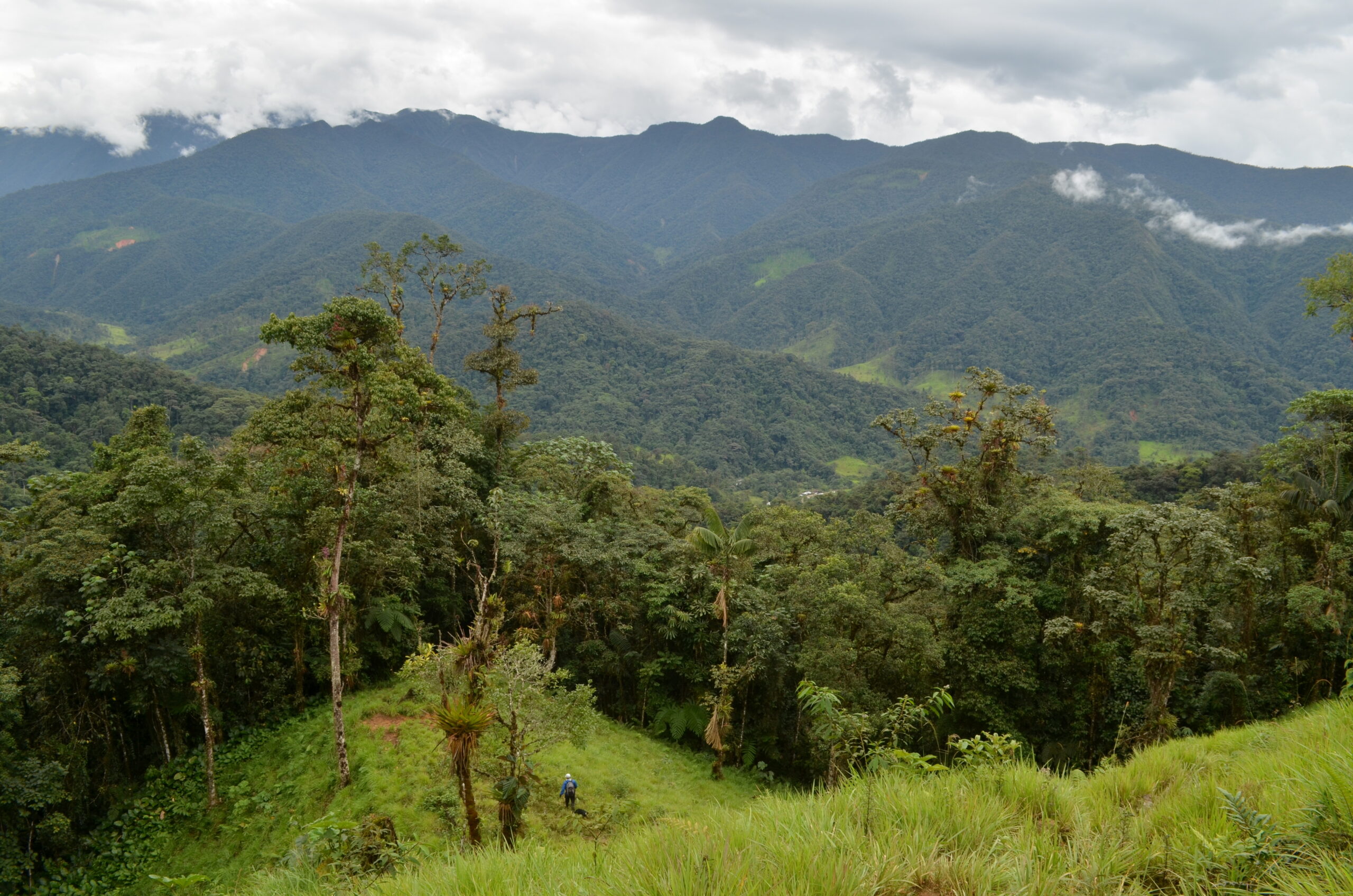This Human-Wildlife Conflict focused project was financially supported between 2005-2007. To gain more accurate insight in the true number of bears attacking livestock, several local guides are trained and use horses to reach the villages and interview the farmers. Local guides are used in this project since they know the area and it’s people well which increases the chance of cooperation greatly. 65 local people in 17 different villages have been interviewed in total. Since the year 2000 only 83 incidents have been recorded involving cows. Half of these incidents concerns Andean bears, a third of the cows have disappeared (probably stolen) and the rest involves accidents where cows have slipped and fallen into a ravine of broken a leg in which they had to be euthanized. Bears are responsible for only half of the cow-related incidents. Fortunately farmers are not economically dependent on their cows and often only keep small herds. The total number of recorded incidents is not high and the majority involves cows that were unguarded by their herder. This makes it difficult to collect solid data on these problems.
In Venezuela the collected data is used to build the national management plan for Andean bears. The Andean bear range countries cooperate on various levels to tackle the human-bear conflict issues. It’s important to share insights and information, since the consequences of these conflicts have led to a drastic drop in population numbers in the past 30 years. In Ecuador and Colombia similar projects are being implemented.


